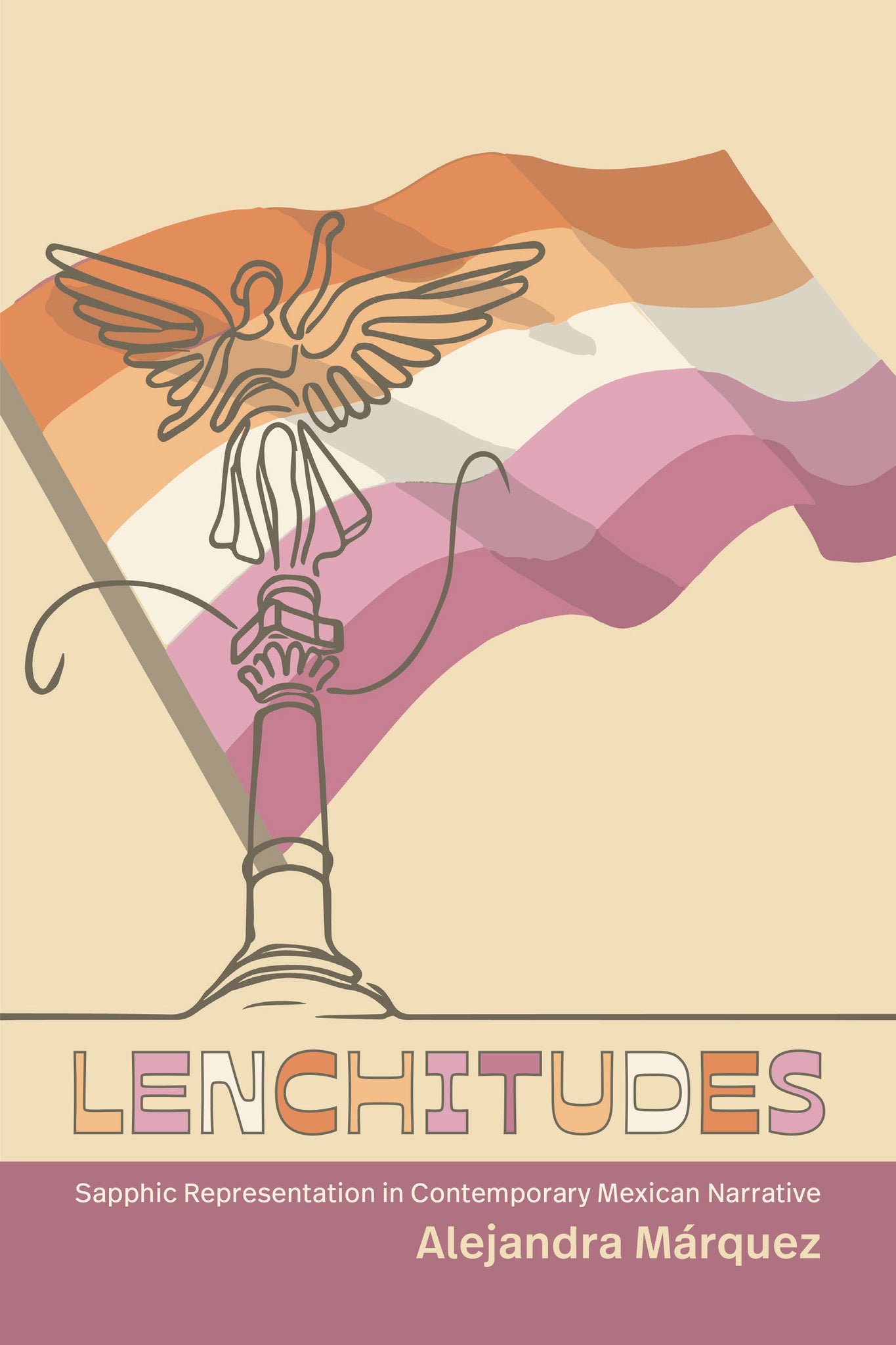We're sorry. An error has occurred
Please cancel or retry.
Lenchitudes

Some error occured while loading the Quick View. Please close the Quick View and try reloading the page.
- Format:
-
01 January 2026

Shows how representations of sapphic desire can subvert or sustain prevailing norms of gender, sexuality, and power in Mexican texts from the 1980s to the 2010s.
Drawing inspiration from the 2020 Marcha Lencha—"Lesbian March"—in Mexico City, Alejandra Márquez expands the concept of lenchitudes into a critical framework for thinking about gender and sexuality more expansively and inclusively, beyond essentialist identity categories. Assembling a lesbian archive that stretches from the publication of Rosamaría Roffiel's cult classic Amora in 1989 to the 2010s, Lenchitudes argues that sapphic representation in contemporary Mexican narrative subverts but also reinforces patriarchal norms. Sapphic narratives, Márquez argues, are not inherently queer but rather can uphold binary gender roles, heteronormativity, and monogamy. Bridging literature and activism, and putting theorists such as Judith Butler, Jack Halberstam, and José Esteban Muñoz into conversation with Latin American scholarship, Lenchitudes boldly joins ongoing debates about the place of queerness, or lo cuir, in Latin America.


"Sure to become a reference point for research and teaching in LGBTQ+ studies in and about Latin America, Lenchitudes challenges the dominant focus on gay male representation in cuir studies without simply adding lesbian culture to the existing scholarship. In dialogue with both the epistemologies of Mexican social movements and Latin American lesbian, marica, and travesti thinkers, Márquez moves beyond an identity-based approach to gender and sexuality, exploring the entanglement of multiple sapphic representations, desires, and experiences." — Patricio Simonetto, author of A Body of One’s Own: A Trans History of Argentina
"A very important contribution to the study of Spanish-language LGBTQ+ literature and culture from Mexico. Márquez incorporates a deep knowledge of queer/cuir approaches, skillfully connecting concepts from Anglo-American theory to related, though distinct, Mexican cultural schemes to produce readings that transcend the identity politics of Mexican lesbian-feminist circles. Lenchitudes is poised to help visibilize Mexican sapphic cultures in the English-speaking world." — Brandon Bisbey, author of Between Camp and Cursi: Humor and Homosexuality in Contemporary Mexican Narrative



